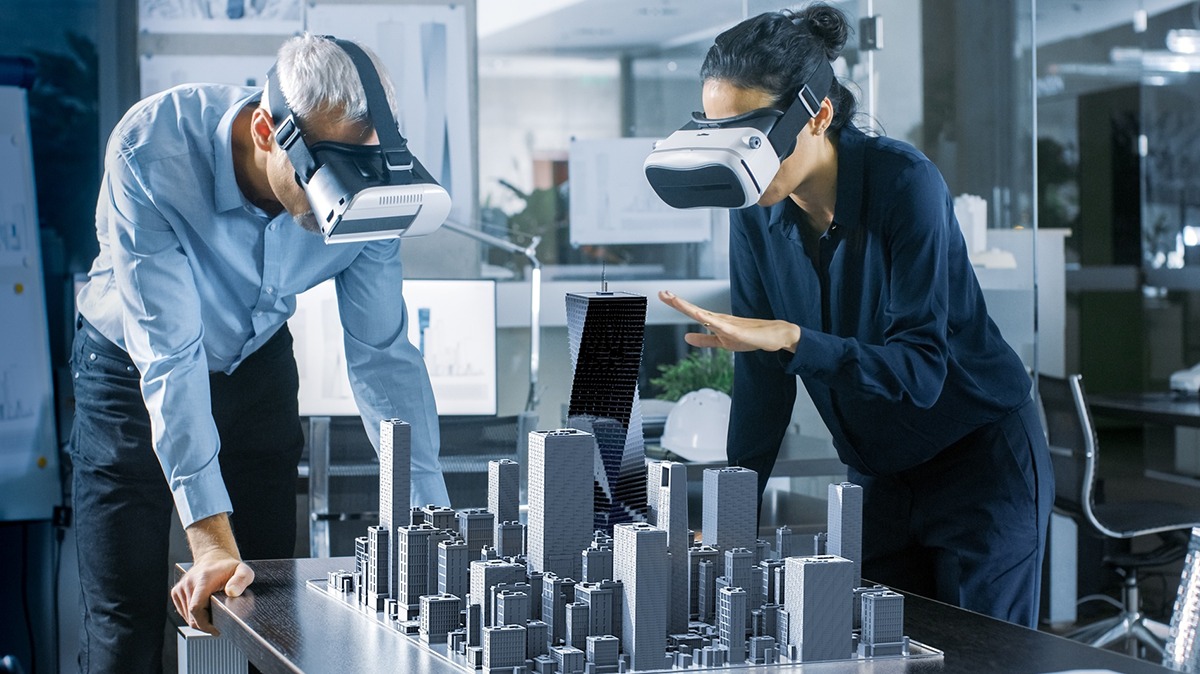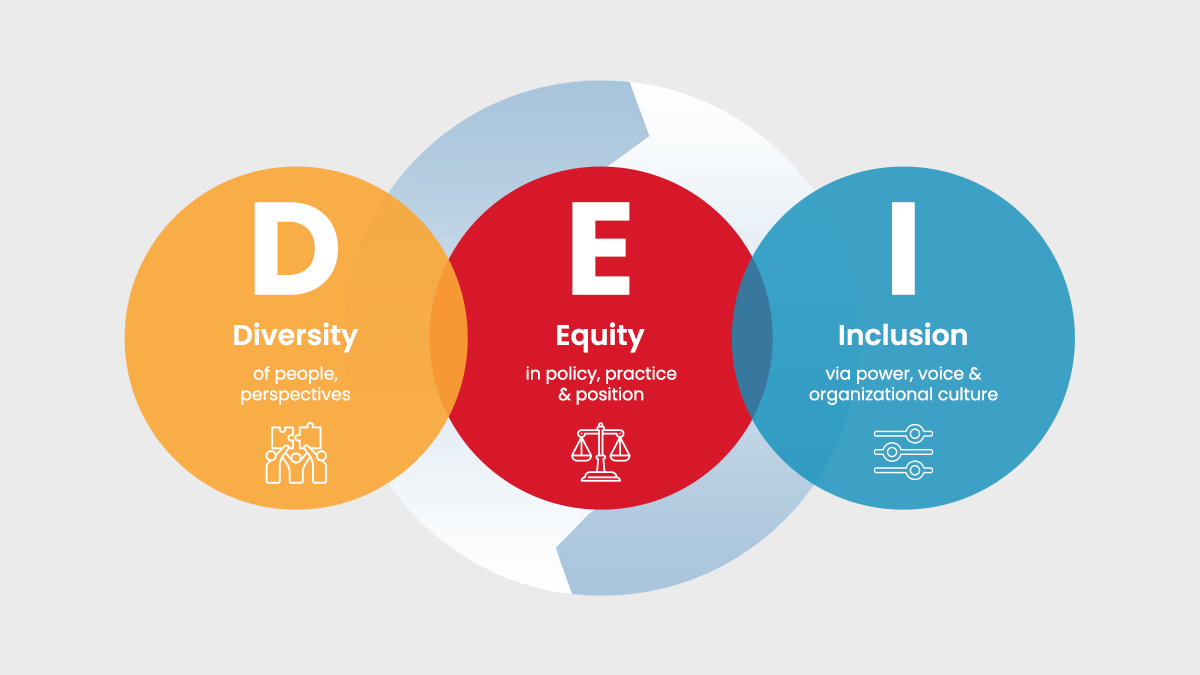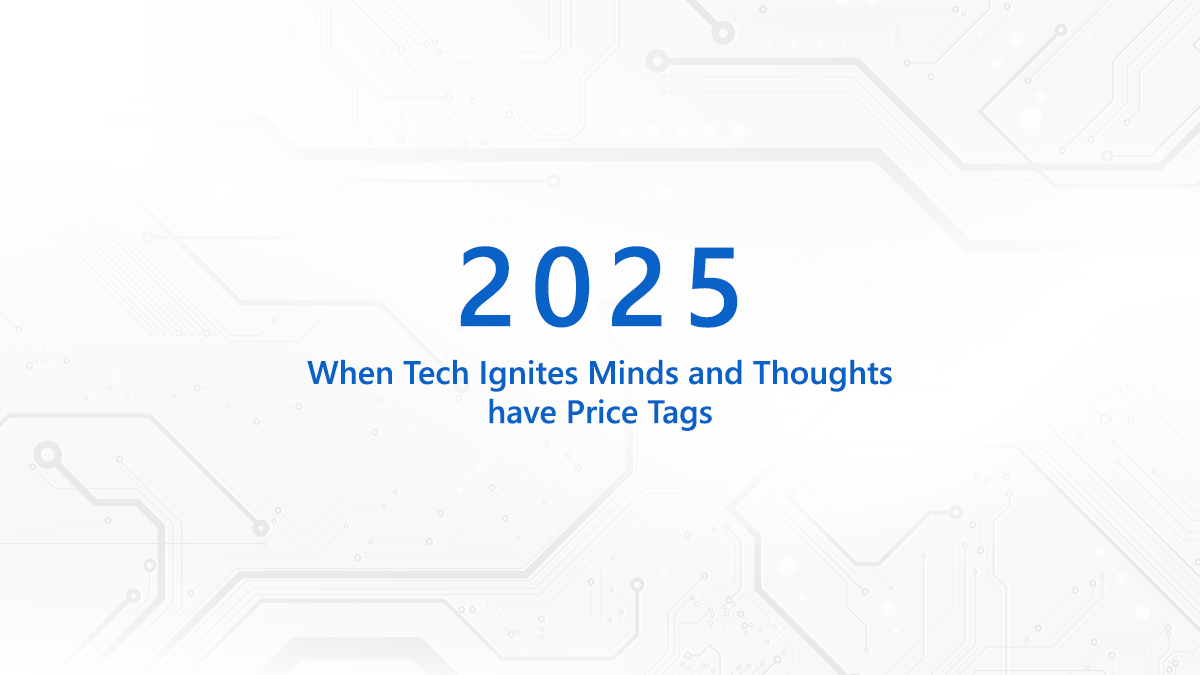
Ever since we heard of Facebook rebranding itself, Metaverse has stirred our imagination. It has invaded our digital space with people talking glibly about its possibilities and the privacy risks too. Before jumping to their comments, let’s decode the term. Metaverse is a portmanteau of Meta (beyond) and verse (universe). True to the term, Metaverse is a fictitious virtual space, yet a digital world when you can feel real and replicate many of the activities that you do in your real life. What if I claim you can hold office meetings, collaborate with teams, play, socialize, shop, walk in the snow or try new apparel, all in a virtual world? Yes, cutting-edge technology makes it possible. Augmented Reality (AR) glasses and Virtual Reality (VR) headsets can teleport you to a different world where you don’t share the same physical space but remain together with your folks, connected.
Sci-Fi feel or Internet in Motion?
Sounds like I have pulled out a scene from a Sci-Fi flick? Not really. Many have already dubbed Metaverse as the next frontier of the Internet or Internet coming to life. I can’t be sceptical when I see through the lens of possibilities. Let’s say, how does Metaverse change the way you use Facebook? Now, you are posting text messages and videos- it’s a passive, 2D communication. Metaverse elevates your social rendezvous to the next level where your digital avatars can socialize, play games, attend concerts, et al, real-time. For example, Mark Zuckerberg owned Facebook has rolled out Horizon- a place to explore, play and create with others in VR. What’s more, Facebook’s Reality Labs is researching on Codec lifelike avatars to make the Metaverse a more immersive experience.

Not a Facebook First Concept…
Even before Facebook, some technology firms- Microsoft, chipmaker Nvidia and Fortnite maker Epic Games- experimented with their own versions of the Metaverse. The term itself is borrowed from Neal Stephenson’s 1992 dystopian Sci-fi novel Snow Crash. The protagonist Hiro delivers pizza in the real world but is a warrior prince avenging his enemies in the virtual. Kids would connect better with Pokémon Go, a free location-based AR mobile game that blends online reality with the real world. Metaverse is playing out beyond Facebook’s Reality labs. Microsoft is betting big on its MR holographic computer christened HoloLens. In India, Mumbai-based VR startup Tesseract, in which Mukesh Ambani’s Reliance Jio has a majority stake, is promising a Mixed Reality (MR) future like that with its Jio Glass, Quark camera, Holoboard headset, and Jio Fiber.

Making Metaverse Secure and Sustainable
Metaverse as a platform has evolved only a bit beyond the concept stage. It may take a decade for the Metaverse to deliver the benefits. The swirling concerns are on privacy and security. There’s the possibility of the advertiser snooping on you in the virtual space. The digital space of every unique user in the Metaverse needs to be protected.
Still, I feel we should not let the benefits of Metaverse to be drowned by the apprehensions. Metaverse is going to define how we connect in the future on the internet. The solution is the democratization of this concept. A Metaverse platform free from the hegemony of a clutch of developers- one that can be created by you and me. A Metaverse for All-, yes, I’m sounding prophetic yet realistic. Let’s be ready to explore and romp in the Metaverse via our digital doppelganger.
The article was first published on CEO Priyadarshi Nanu Pany's medium handle.


























































We will verify and publish your comment soon.